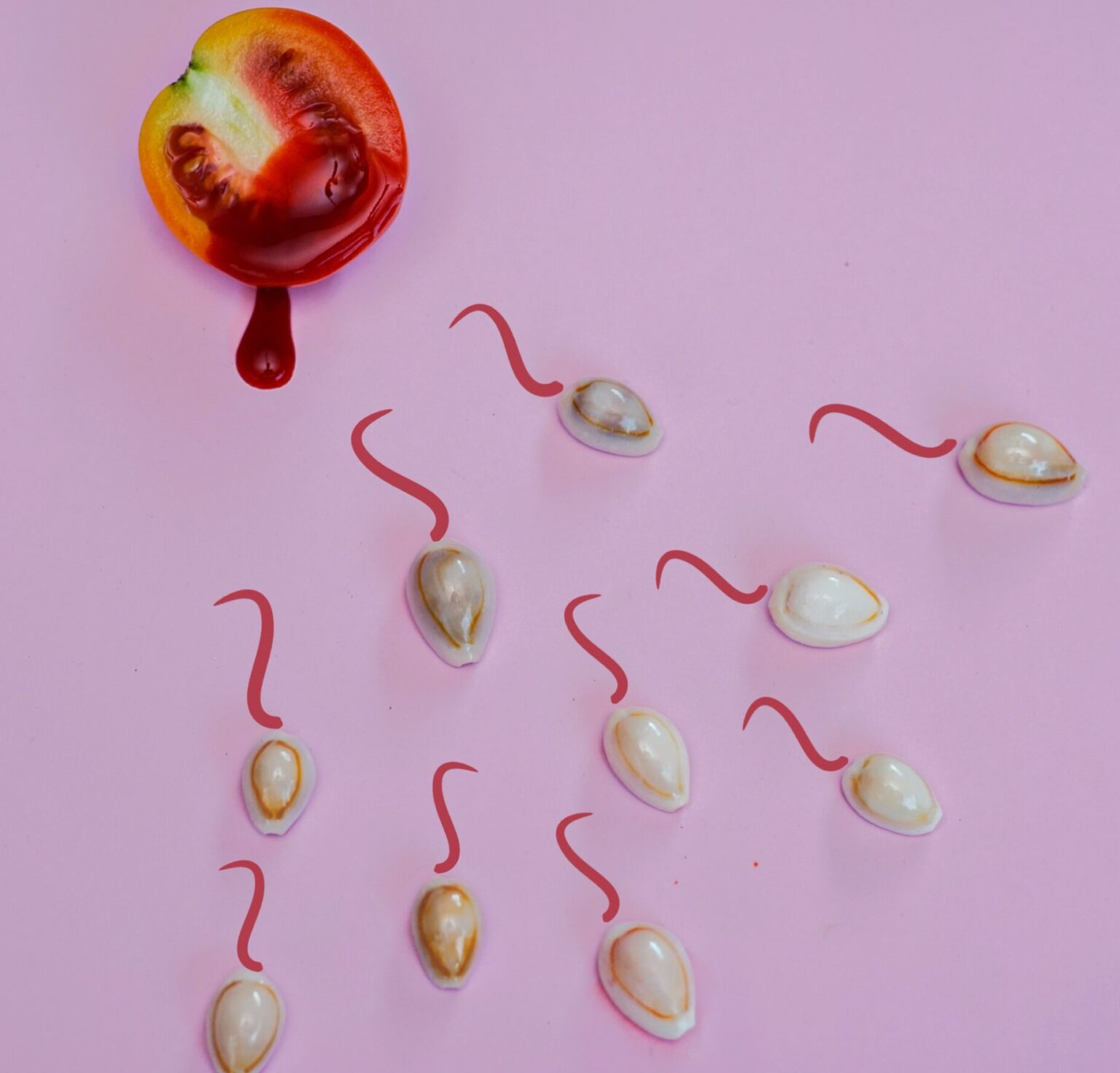7 Ways a Fertility Nutritionist Can Help You Prepare For Pregnancy

If you are trying to become pregnant or going through IVF you are making huge financial and emotional commitments, it’s important that you do all that you can to make sure you are set up for a successful outcome. A fertility nutritionist can guide you through each step, ensuring you follow scientifically proven research for successful pregnancy, conception, and retrieval.
A lot of excitement, uncertainty, and information surround preconception or the period before pregnancy. It is the goal of most couples to become pregnant and have a healthy pregnancy and, ultimately, a healthy and happy baby. It is easy to see why couples may get overwhelmed with all the information out there, but working with a fertility nutritionist can make things really straightforward and simple.
We have compiled the top 7 ways a fertility dietitian can prepare you for pregnancy. We hope this can help you feel confident that working with a fertility dietitian is necessary to ensure you are setting your family up for success.
1. Assess your current health status and identify any potential deficiencies that may affect your ability to conceive.
The first place to start with your pre-conception health is to get a pre-conception blood test. For dietitians, some of the major things we look at are your nutritional lab work. This includes cholesterol, blood sugar, folate, vitamin B12, iron and vitamin D.
Correcting these labs prior to conception is CRUCIAL to a healthy pregnancy. Nutrient deficiencies interfere with optimal conception and heading into pregnancy these deficiencies can have a huge effect on the health of your pregnancy and baby.
2. Improve Egg Count & Quality Through Nutrition
A woman is born with about one million eggs, by the time a woman hits puberty the number drastically drops to around 300,000. There is significant research on dietary interventions for low ovarian reserve, as egg count is influenced by multiple factors. Optimizing the quality of egg reserves is crucial for success. There are numerous factors that influence egg quality, and while age cannot be controlled, dietary characteristics can have a significant impact on egg quality. Egg quality is effected by obesity, being underweight, saturated fat intake, nutrient deficiencies, AGEs, antioxidant intake, Omega-3 intake and more.
3. Improve Chances Of Conception
Following up on improving egg quality, nutrition, lifestyle habits and weight plays a critical role in conception (falling pregnant). For successful conception, we also need a nice first home for the embryo – the uterus!
Did you know that your diet can assist with improving hormone levels and in turn the thickening of the uterine lining for better support for the embryo? AND it can help support a healthy environment that contributes to an a healthy conception and pregnancy.
4. Tailored Prenatal Supplementation Plan
Each person is completely unique when it comes to their diet and medical history. This means that there is no universal prenatal supplement.
Seeing a fertility dietitian who can complete a thorough nutrition assessment, taking into account medical/health history, diet and lifestyle, to ensure you are able to achieve a successful pregnancy and healthy baby.
5. Improve Your Fertility With Considerations Around Your Health History/Medical Condition
Speaking of health history – did you know that several conditions impact your ability to conceive? Navigating a chronic health condition can be overwhelming and difficult. When we pair this with fertility and pregnancy, it can get a whole lot more confusing!
Dietitians are trained in navigating a number of medical conditions and can factor this in for optimal fertility nutrition.
These include:
- Diabetes (type 1 & 2)
- Endometriosis & Adenomyosis
- Polycystic Ovarian Syndrome (PCOS)
- Thyroid conditions like hypothyroidism, Hashimoto’s & Grave’s disease
- Celiac Disease
- Inflammatory Bowel Disease (IBD) such as Crohn’s Disease & Ulcerative Colitis
- Autoimmune diseases
- Metabolic disorders
- Bariatric Surgery
6. Work With Your Partner To Improve Preconception Health
There is a huge focus on women’s health and fertility, however, the male contributes 50% of the genetic material for your future baby. Male nutrition is just as essential! Fertility dietitians can work with both persons involved.
High-quality sperm is affected by weight, physical activity, diet and specific nutrients.
A great fertility dietitian can take in all the same information about diet, lifestyle, and health history to develop a tailored plan for male partners to work on and ensure successful pregnancy outcomes.
Sperm quality is just as important as egg quality, let’s make sure we don’t lose sight of that!
7. Assist With Weight Management Goals
Research has shown that women who fall into higher ranges on the BMI scale are at an increased risk of pregnancy and obstetric complications such as pre-eclampsia, gestational diabetes, large birthweight babies and shoulder dystocia (Simko et al., 2019). This extends to the health of the infant as there is an increased risk of developing cardiovascular disease and type 2 diabetes (Raaz et al., 2020).
Having fat stores that are too low can impact ovulation and menstrual regularity, which can cause issues when you are trying to conceive. If your body weight is too low during pregnancy, there is an increased risk of preterm birth and having a low birth-weight baby (Yu et al., 2013).
A fertility dietitian can guide you through what an optimal weight range looks like for you and advise you on how to have a healthy pre-pregnancy diet. Dramatic shifts in weight and fad diets are not recommended for maximizing preconception health.
Bottom line…
To avoid feeling overwhelmed with information, a fertility dietitian can ease your mind and ensure that you are prepared for success.



